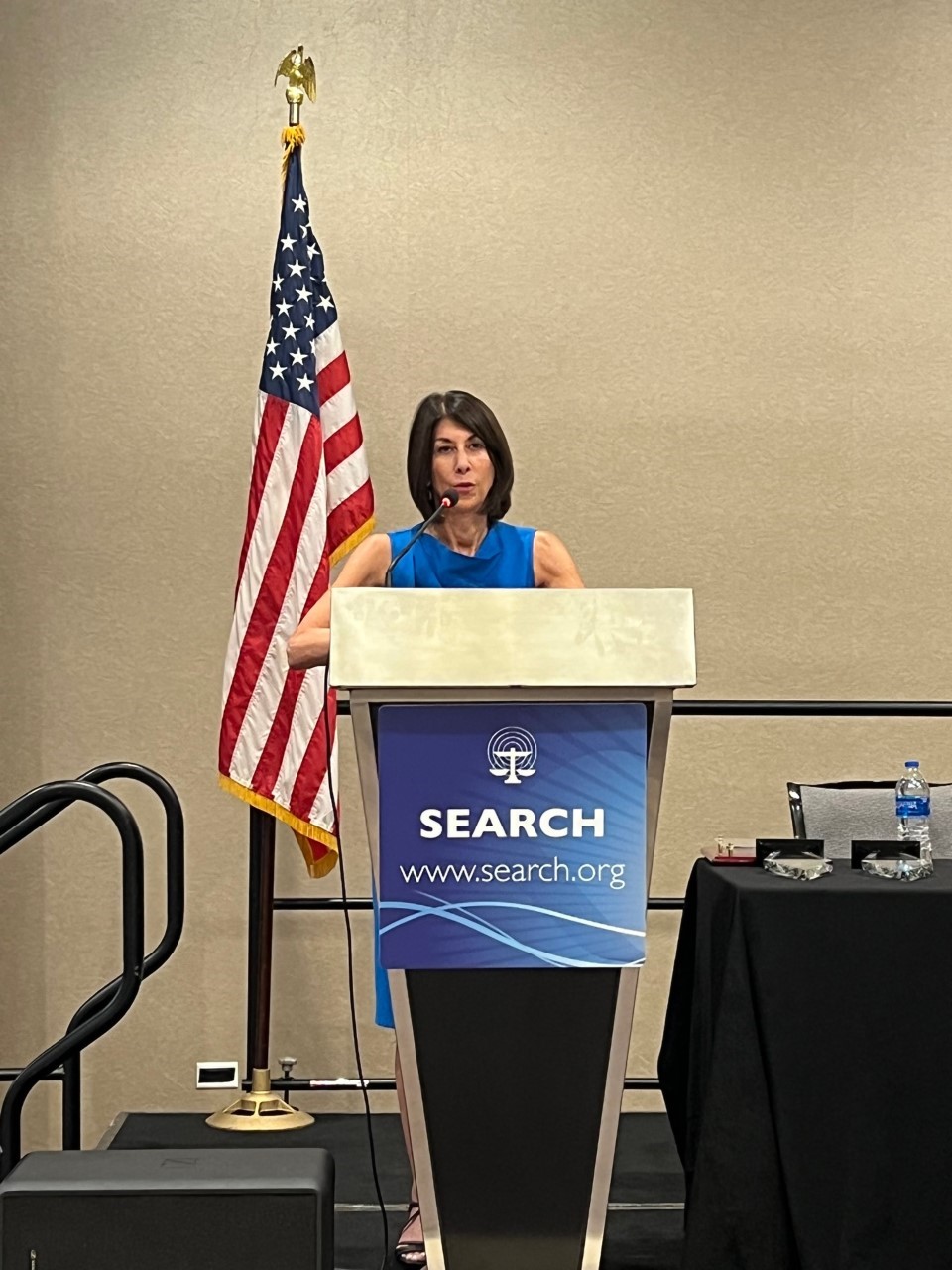Predictive policing
Spatial analysis of social vulnerability and crime disparities through interpretable machine learning
Research in Brief: Predictive Policing: Understanding and Applying Analytical Techniques To Prevent and Combat Crime
NIJ FY 2023 Invited to Apply - Support Activities under Section 13(d) of Executive Order 14074
Support Activities under Section 13(d) of Executive Order 14074: Workshops on Law Enforcement Use of Probabilistic DNA Technologies and Person-based Predictive Policing
Was the pope to blame? Statistical powerlessness and the predictive policing of micro-scale randomized control trials
The Philadelphia predictive policing experiment
Experimenting with Future-Oriented Analysis at Crime Hot Spots in Minneapolis
Predictions Put Into Practice: a Quasi-experimental Evaluation of Chicago's Predictive Policing Pilot
Geospatial Technology Working Group (TWG): Meeting Report on Predictive Policing
Predictive Policing: The Future of Law Enforcement?
Predictive Policing Symposium: A Strategic Discussion
Geography and Public Safety: A Quarterly Bulletin of Applied Geography for the Study of Crime and Public Safety, Volume 2, Issue 4
Research Will Shape the Future of Proactive Policing
Real-Time Crime Forecasting Challenge Webinar
This webinar will offer a brief overview of the National Institute of Justice and the data science needs of the criminal justice field. In addition, it will provide details about the Crime Forecasting Challenge, including who can submit, how to retrieve datasets, and the submission categories. The overall goal of the Crime Forecasting Challenge is to harness recent advances in data science to drive innovation in algorithms that advance place-based crime forecasting.
See the YouTube Terms of Service and Google Privacy Policy
The State of the Police Field: A New Professionalism in Policing?
Panelists debate the premise of a Harvard Executive Session working paper that suggests police organizations are striving for a "new" professionalism. Leaders are endeavoring for stricter standards of efficiency and conduct, while also increasing their legitimacy to the public and encouraging innovation. Is this new? Will this idea lead to prematurely discarding community policing as a guiding philosophy?
A View From the Street: Police Leaders Share Their Perspectives on Urgent Policy and Research Issues
Sponsored by the International Association of Chiefs of Police (IACP) and its Research Advisory Committee (RAC), this panel unites law enforcement leaders from across the country to discuss their policy and research concerns. Charles Wellford, IACP RAC co-chair and University of Maryland professor, will facilitate the panel. Presenters will discuss urgent policing issues that merit ongoing research, law enforcement and academic research partnerships, and how research can and does affect agency policy and operations.
From Crime Mapping to Crime Forecasting: The Evolution of Place-Based Policing
Crime File: Predicting Criminality
This video, in the Crime File series, portrays a panel discussion of the nature and reliability of the Federal and California parole guidelines, justification for their use as sentencing guidelines, and moral and legal issues associated with their use.
See the YouTube Terms of Service and Google Privacy Policy
Large-Scale Deep Point Process Models for Crime Forecasting
LEADS Scholar Spotlight -- Predictive Policing Algorithms
LEADS Scholar Spotlight — Predictive Policing Algorithms
See the YouTube Terms of Service and Google Privacy Policy
LEADS Scholar Spotlight — Reducing Gun Violence
See the YouTube Terms of Service and Google Privacy Policy



